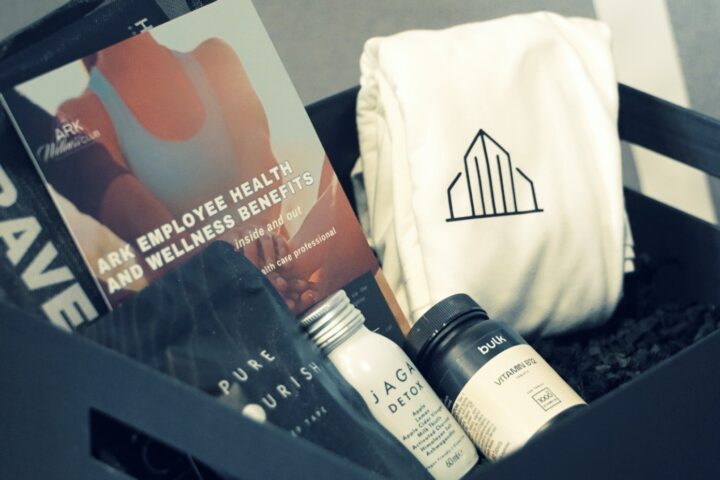With temperatures set to reach 29°C in parts of Britain today, the TUC is urging the next government to implement legal maximum working temperatures to protect workers from the dangers of excessive heat.
The union body highlights that working in hot weather can lead to dehydration, rashes, fainting, and, in extreme cases, loss of consciousness. Outdoor workers face a heightened risk of skin cancer, being three times more likely to develop it compared to others.
The TUC recommends several measures for employers to help their workers cope with the heat this week and in future, including relaxing dress codes, ensuring comfort with frequent breaks and cold drinks, enabling flexible working hours, keeping buildings cool, and engaging with staff for ideas on coping with heat.
For outdoor workers, the TUC advises providing sun protection, scheduling tasks outside peak UV radiation times, and offering shaded areas.
Currently, there is no law on maximum working temperatures in the UK. The TUC is calling for legislation that requires employers to reduce temperatures if they exceed 24°C and workers feel uncomfortable. They also propose an absolute maximum indoor temperature of 30°C (or 27°C for strenuous jobs), beyond which work should stop.
TUC General Secretary Paul Nowak said: “Most of us will be very happy to see the sun after such a cold and wet start to the year. But working in sweltering conditions can be unbearable and dangerous – so spare a thought for those in overheated shops, baking offices or toiling outdoors in direct sun.
“Indoor workplaces need to be kept cool, with relaxed dress codes and flexible working to make use of the coolest hours of the day. And employers must make sure outdoor workers are protected with regular breaks, lots of fluids, plenty of sunscreen and the right protective clothing.
“Our buildings, infrastructure, and laws were made for a different climate in a different century. Extreme heat is becoming the norm and we’re struggling to cope. We need to adapt – and that means improving the law, investing in resilience and delivering climate action. The New Deal would keep workers safer by modernising the guidance around excessive working temperature – and finally bringing it into the 21st century.”

















